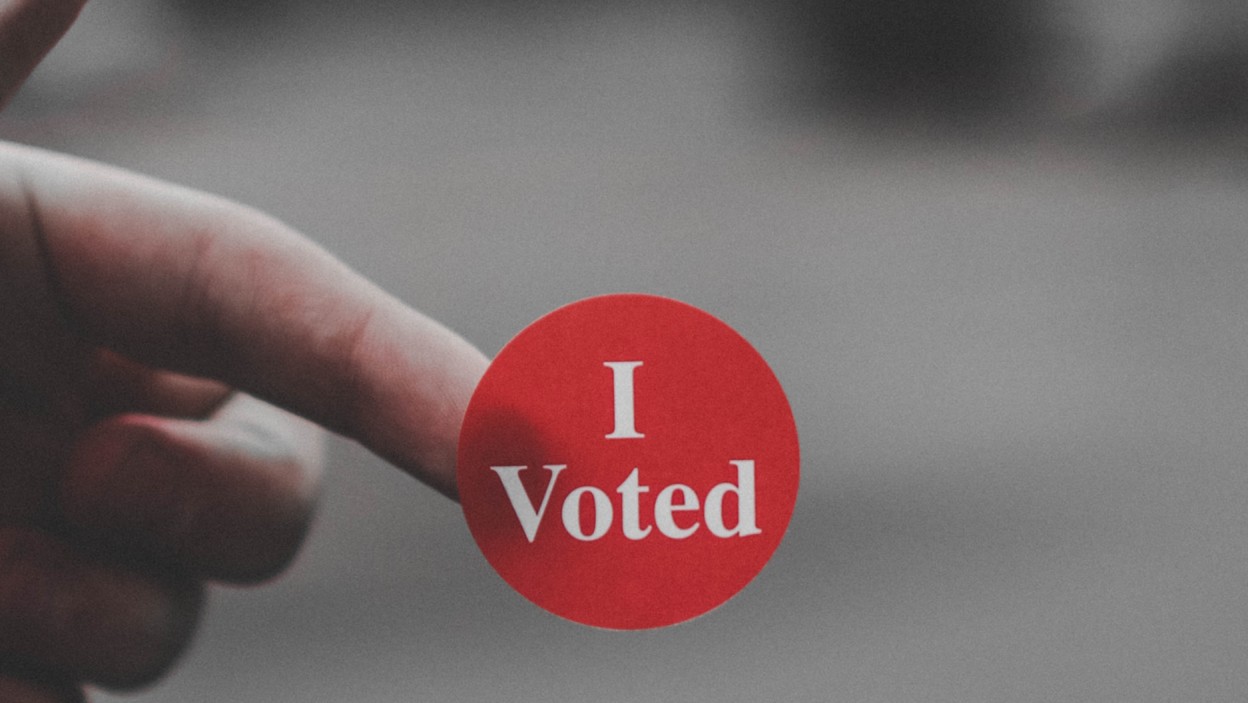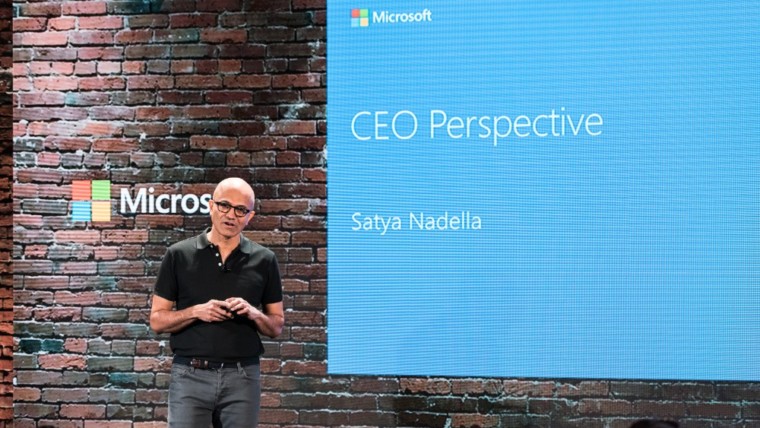“The tribe has spoken, it’s time for you to go,” is probably not what you would expect to hear at your next performance review, but at Whole Foods Market, it’s not far off from reality. Whole Foods has a long-standing tradition of allowing long-term employees a vote at the end of a new hire’s 90-day probationary period to weigh in on whether they should stay or go.
Why Whole Foods Puts Hiring to a Vote
- Employees feel heard. Proponents of this process say it gives the team a sense of unity from both sides. Current employees can be validated that their opinion has weight, and the new hires who are kept on can rest assured that they’re genuinely welcomed by their new colleagues.
- There’s a sense of shared fate. Whole Foods has a profit-sharing model that allows hourly employees bonuses at the end of each quarter. Since profits are tied to the collective performance of the team, employees can feel more in control of their benefits if they are allowed to choose who they work with. “If there’s someone who’s not working hard, who’s not putting in everything they can, the team can say, ‘You know what? We don’t want you to drag us down,’ ” says Libba Letton, Head of Corporate Communication.
- Results are typically positive. Most employees say they’ve rarely seen anyone actually fired based off of this process alone, and that typically any negative peer feedback might just extend the probationary period. At the end of the day, peer feedback influences the decision, but the manager has the final say.
The Potential Downsides
- It can limit diversity. Several individuals who claim to be former Whole Foods employees took to Reddit to weigh in on this process, describing it as a “popularity contest” where groupthink pressures everyone to vote with the majority. Humans are inherently terrible at remaining unbiased, and using “culture fit”—or, “Who would I want to grab a beer with?”—as a hiring filter has the potential of wrongfully eliminating qualified candidates who are just different from the rest of the group.
- It hampers teachable moments. One Redditor claimed, “After my 90 days they handed me a piece of paper with every single piece of feedback and the people who openly didn’t like me had a chance to say whatever they wanted without reprisal.” Unfortunately, this was the first time and last time this employee heard those complaints—management never used the feedback to help coach the employee on how to address those concerns with their teammates.
Published July 12, 2016








The Evolutionary Edge
Every Link Ever from Our Newsletter
Why Self-Organizing is So Hard
Welcome to the Era of the Empowered Employee
The Power of “What If?” and “Why Not?”
An Adaptive Approach to the Strategic Planning Process
Why Culture/Market Fit Is More Important than Product/Market Fit
Group Decision Making Model: How to Make Better Decisions as a Team